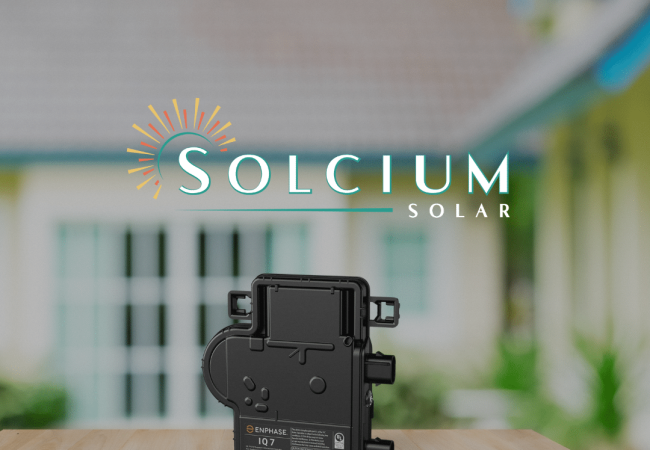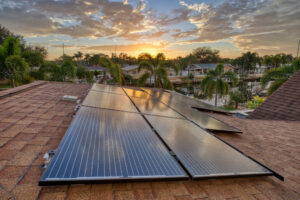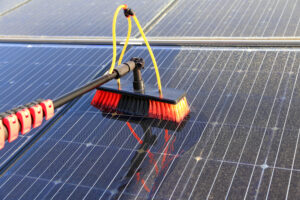As the world embraces renewable energy solutions, solar power has emerged as a leading contender for a sustainable future. Solar panels play a vital role in capturing sunlight and converting it into usable energy, but to optimize their efficiency and reliability, additional components such as solar optimizers and inverters are essential.
Let’s explore the purposes, features, and types of solar optimizers and inverters, shedding light on how these technologies contribute to maximizing solar energy production.
Solar Optimizers
Solar optimizers are innovative devices that enhance the performance of solar panels by improving their power output and mitigating any disrupting obstacles to efficiency. Let’s delve into their primary purposes and noteworthy features:
- Power Optimization: Solar optimizers optimize the power output of each solar panel individually, allowing for increased overall energy production.
- Shade Tolerance: By mitigating the impact of shading, solar optimizers ensure that even partially shaded panels can generate the maximum amount of power.
Other note-worthy features of optimizers include the following:Â
- Monitoring and Maintenance: Some optimizers offer real-time monitoring capabilities, allowing users to detect underperforming panels and identify maintenance needs promptly. By providing data on individual panel performance, we see quicker fault detection and rapid troubleshooting.
- Maximum Power Point Tracking (MPPT): Solar optimizers employ MPPT technology to find and maintain the ideal voltage and current levels for each panel, maximizing energy extraction.
- Safety Mechanisms: Solar optimizers offer safety features like rapid shutdown, which enables the safe powering down of the solar system during emergencies or maintenance activities.
Solar Inverters
Solar inverters play a crucial role in converting the electricity generated by solar panels into a conditioned electricity that is suitable for powering household appliances and feeding electricity back into the grid.Â
Let’s explore their purposes and different types:
- DC to AC Conversion: Solar inverters convert the DC electricity produced by solar panels into AC electricity for immediate use or export to the grid.
- Voltage Regulation: Inverters help maintain a stable voltage within acceptable limits to ensure safe and efficient operation of connected devices.
- Grid Interaction: Some inverters facilitate grid connection, allowing excess solar energy to be exported to the grid or drawing power when needed.
Types of Solar Inverters:
- String Inverters: These are the most common type, where multiple solar panels are connected in series to a single inverter. Often compared to a string of Christmas lights, they are cost-effective but susceptible to shading and module mismatch issues. When one panel on the string goes down, the rest of the string goes down as well. At Solcium Solar, we do not use string inverters to ensure that our customers have a well-crafted and functional system for years to come.Â
- Power Optimizers with Inverters: Combining the benefits of both solar optimizers and inverters, this system allows for panel-level optimization while still employing a central inverter.Â
- Microinverters: Each solar panel in a system has its own microinverter, enabling independent operation and maximizing energy harvest. Microinverters are ideal for installations with shading or complex configurations. Solcium Solar’s typical installation utilizes microinverters for their reliability and efficiency.Â
Solar optimizers and inverters are integral components of solar energy systems, working hand in hand to ensure maximum power production and efficiency. By leveraging these technologies, solar energy systems become more robust, reliable, and adaptable to various environmental conditions. With advancements in solar power technology, the world moves closer to a sustainable and clean energy future.
Solcium Solar’s promise is to always provide top-notch service and quality products for each of their installations, lending to our 5-star status and customer experience.
To learn more about the industry’s leading equipment installed by Central Florida’s top solar installer, call Solcium Solar today.




